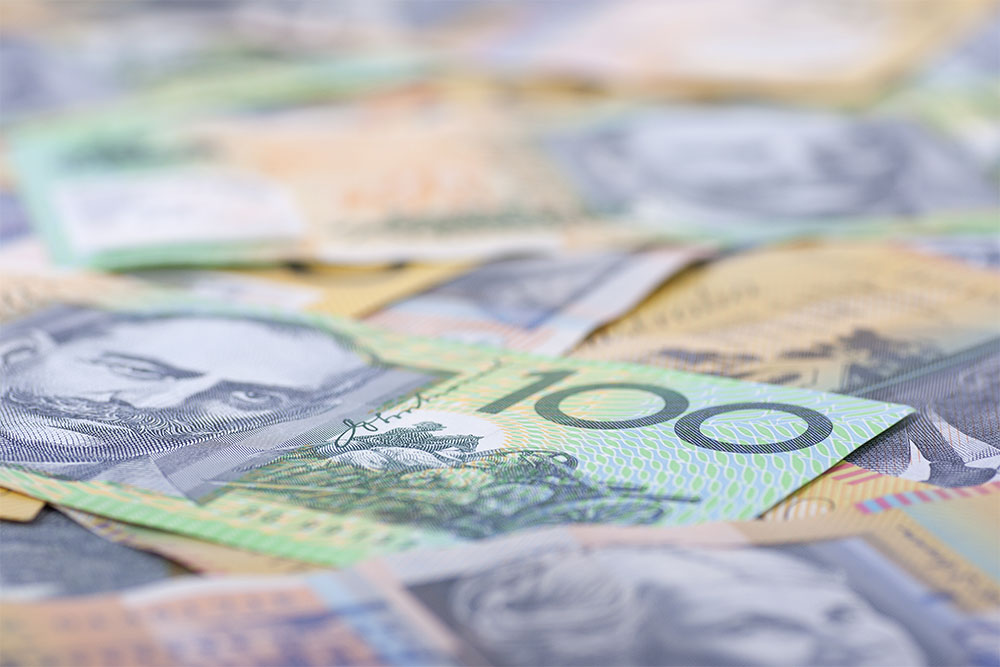If you’ve got a default on your credit file, you’re not alone. More people have bad credit than you think, but it doesn’t necessarily mean you can’t obtain credit - whether it’s for a car, an emergency purchase or a home. It all depends on how long ago the default was, how much you owed, what the default was for and whether it was ever paid.
At Rapid Finance we specialise in matching customers with the right lenders for their situation - whether you have an unpaid default, bad credit or are just unsure of your options.
So, what is a credit default?
A credit default is essentially a ‘black mark’ on your credit history where a creditor or lender has reported an unpaid bill or other bill (or a loan) that you haven’t paid on time. The amount must be over $150 to count as a default, and can remain on your credit history for up to five years. The most common types of defaults listed on a credit report are for:
-
Utility bills
-
Telephone bills
-
Credit card payments
-
Mortgage repayment
-
Loan payments (of some kind)
When you fail or refuse to pay these kinds of loans or bills, the provider may list a default against you. In order to do this, they must also prove that they have made reasonable effort to contact you and have given you an opportunity to settle your debt/loan. They must also have sent you notices that they intend to default.
How long do credit defaults stay on my credit report?
Typically, credit defaults will stay on your credit report for five years. Even if you then pay the defaulted payment, it will stay on your history (marked as ‘paid’).
If you receive a ‘clearout’ (or a serious credit infringement) on your credit file, this is more serious and will stay on your credit history for seven years. This happens when someone owes a debt to a credit provider but has left their address without paying the debt and without providing a forwarding address (or if you are deliberately avoiding the credit provider).
Can I get unpaid defaults removed from my credit history?
If you can prove that your default was listed in error or that the creditor didn’t make reasonable efforts to get in touch with you, it may l be removed. Some defaults could be your lenders fault, which is especially common when lenders fail to update their customer databases. There are a range of scenarios where we have assisted customers get defaults removed from their credit file.
Speak to Rapid Finance today if you have any questions about defaults on your credit history. We can talk you through your options and help you find a solution that works for you and your situation.
Will an unpaid default prevent me from getting finance?
Telecommunications and utility defaults such as unpaid electricity bills don’t normally stop people from obtaining a car loan, but some lenders may require you to settle the debt before approving the loan.
Speak to Rapid Finance
At Rapid Finance we can typically help customers with unpaid defaults up to a combined amount of $5,000. We can still assist with defaults over this amount, as long as the defaults are under arrangement for at least a three month period. Basically, if it looks like you are taking responsibility and doing something about your unpaid defaults, then we can generally assist. The only exception is car loan defaults. In this case, we can only assist if the car loan defaults have been paid.
We’ve helped thousands of customers looking for loans with unpaid defaults and have even helped customers take steps to improve their credit score. Ready to take the next step? Start your application online or call 1300 467 274
______________________________________________________
*Every application is different – assessment criteria is based on the applicant's overall profile or circumstances and subject to verification checks and supporting documents. Rapid Finance will do everything it can to assist in finding a suitable loan product based on the application requirements. Interest rates and fees vary depending on the individual applicant's circumstances and overall profile. Conditions apply.

